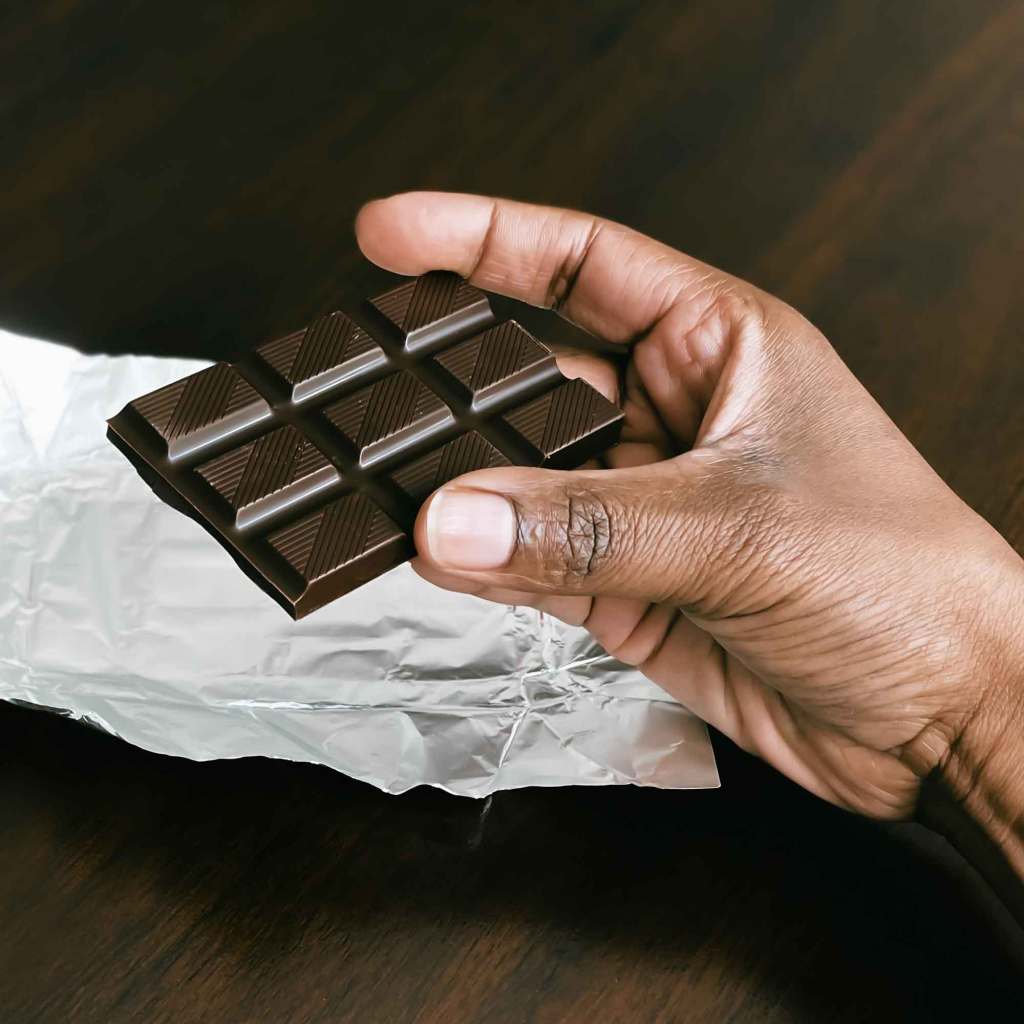Welcome to POPSUGAR Uninhibited, a space where anyone with a period can come for advice, recommendations and support. Here, we’ll tackle topics like PMS, sustainability, post-partum periods and bring you first-person experiences in our period diaries. We also want to raise awareness around period poverty, with the aim to ignite change with the help of our launch partner Modibodi and charity partner Share the Dignity. You can find all of the stories here.
Food plays a huge role in your body — just think how uncomfortable it feels when you eat something that doesn’t agree with you — so it makes sense that it can also help or hinder your PMS symptoms. Certain foods can positively affect how your body feels in the lead up to your period and during menstruation, while others can actively make you feel worse.
Just as it’s possible to coordinate your workouts with your menstrual cycle to work with your body, the same too is possible with food. Below, we’ve made a list of the best foods to eat to help ease PMS symptoms like bloating, cramping and mood swings, as well as a couple of other things to steer clear of during this time.
Dark Chocolate
You probably crave sweets either before or during your period. Experts seem to think this is because of the changes in your estrogen and progesterone levels that cause cravings for high-carb and sweet foods. According to Healthline, when you eat these foods, your body releases serotonin, which also boosts good feelings.
Instead of reaching for milk chocolate or lollies, opt for dark chocolate as it’s been shown to help PMS symptoms, thanks to its high levels of magnesium and iron. A study from 2010 found that magnesium helps reduce the severity of PMS symptoms, which you can get from dark choccy!
Ginger Tea
If you suffer from cramps before or during your period, ginger tea is a great way to soothe sore muscles, thanks to its anti-inflammatory effects. It’s also great for reducing nausea, should that pop up during menstruation. Given the affordable nature of ginger tea, it’s worth trying out a mugful to see if it works for you.
Almonds
Not only are almonds delicious, but these nuts are packed full of riboflavin, also known as vitamin B2, which research suggests can help lower the chance of developing PMS symptoms. While managing mood swings by munching down on almonds might seem ineffective, it’s a helpful way to holistically manage PMS.
Eggs
Egg lovers rejoice as your beloved protein is great for PMS. According to Greatist, eggs and specifically, egg yolks, contain high amounts of vitamin D. Research has found high doses of vitamin D to be beneficial for the relief of PMS symptoms including backache, menstrual cramps and emotional sensitivity.
Peppermint Tea
If you’re prone to experiencing cramps during your period, you might want to reach for some peppermint tea. Research from 2016 found that peppermint tea can help reduce some PMS symptoms and is particularly helpful for relieving cramps, bloating, nausea and diarrhoea associated with your period.
Foods to Avoid
While there are many foods that can help reduce your PMS symptoms, there is a handful that can sometimes make you feel worse. Sugar is one of the main culprits, as it can often lead to a spike in energy which is quickly followed by a crash. When you’re already feeling a little anxious or moody around your period, this might worsen this.
If you are craving something sweet, try to opt for dark chocolate so you’re also reaping the mineral benefits and satisfying your chocolate craving at once.
Alcohol can also exacerbate the symptoms of your period, worsening things like bloating, diarrhoea, nausea and headaches. If you commonly experience these during your period, it might help to lay off the booze for a few days during menstruation.
Always seek the guidance of your doctor or other qualified healthcare professional with any questions you may have regarding your health or a medical condition.

